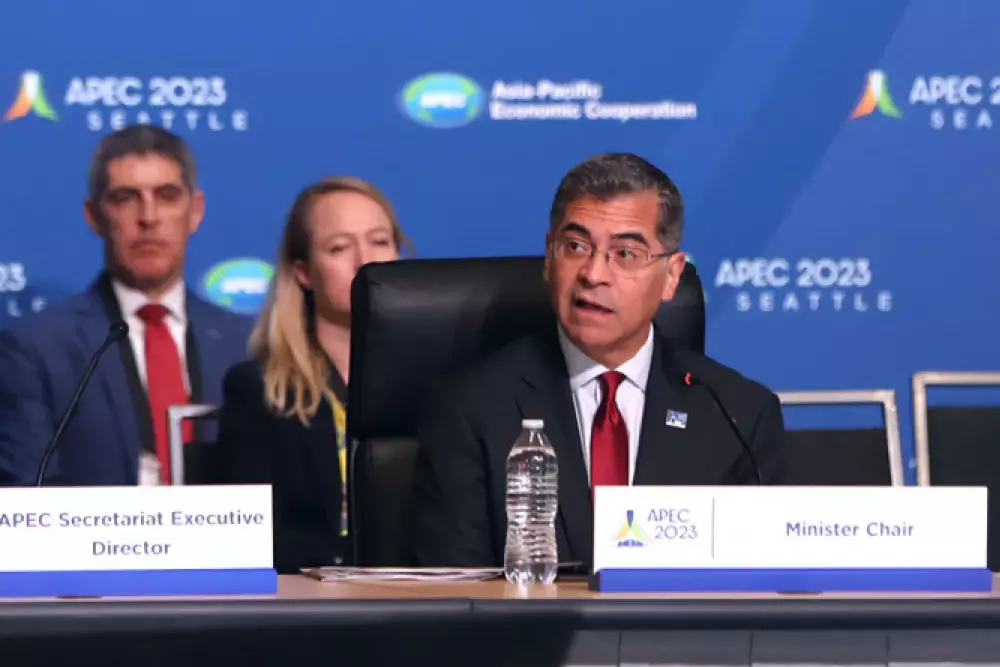Health ministers from the Asia-Pacific Economic Cooperation (APEC) member economies convened in Seattle to strengthen primary healthcare systems.
The APEC members have united to make them more resilient to pandemics. They are also becommitting to becoming more prepared to respond and to increase investments in public health.
Strengthening Primary Health Care
Against the backdrop of increased threats to people’s wellbeing and the economy, ministers reiterated their commitment to reinforcing the region1’s health systems for future pandemics and health emergencies. They are focusing on sustainable health financing and exploring innovative digital health solutions.
U.S. Secretary of Health and Human Services, Xavier Becerra, who chaired the 13th APEC High-Level Meeting on Health and the Economy, emphasized the need for sustainable financing. “Without strong primary care systems, our health systems and people are more vulnerable and less prepared for the next pandemic,” Becerra said.
Investing in Health
Government spending on health in the APEC region has remained below five percent in the last two decades. It increased only slightly from 2.8 percent of GDP in 2000 to four percent in 2017. This was reported by The APEC Healthcare Financing Roadmap.
Out-of-pocket spending on healthcare has also risen dramatically. It almost doubled between 2003 and 2016, reaching around US$400 per capita. This places almost one in five people in the APEC region at risk of falling into extreme poverty as healthcare burdens grow.
Recognising limited budgets and competing priorities, ministers explored leveraging public and private sector funds. They considered measures to increase private sector roles and examined innovative financing models to deepen coverage in APEC economies.
“We are here because as we rebuild from the COVID-19 pandemic, we must address the gaps and losses in health services from the past three years and strengthen our health systems for future pandemics,” Becerra added. He stressed that all APEC economies must ensure sustainability, resiliency, equity, and inclusion.
Increased cooperation
Secretary Becerra also called for intensified cooperation in various fields. He pointed to opportunities for digital health, expanding immunisation programs, treating mental health, and advancing regulatory harmonisation. He also highlighted the global threat of antimicrobial resistance and the need for medical supply chain resiliency.
Conclusion1
In conclusion, the meeting serves as a milestone for APEC economies, emphasising a united and collaborative approach to public health. Additionally, the region’s focus on strengthening primary care and utilizing innovative technological solutions promises a more resilient and prepared future.
As Secretary Becerra stated, “The healthier people are, the less likely they are to get sick or face serious consequences when they do. Let us move from a focus on illness care to one that prioritizes wellness,” reflecting a renewed commitment to health and wellbeing across the Asia-Pacific region.
Photo Credit: ANTARA/HO-APEC Secretariat

